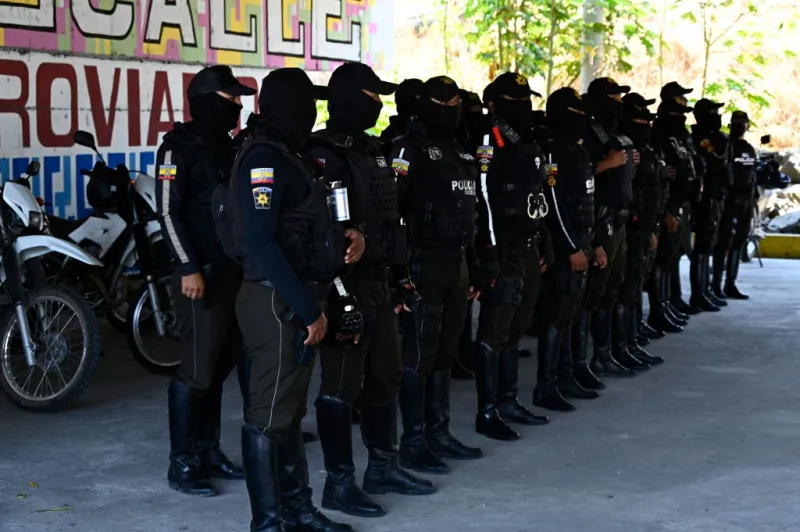
Rome, Italy, Jan 31, 2022 / 09:00 am (CNA).
The Order of Malta’s Grand Chancellor published a letter telling members he thinks the order is now on the right track, after a tumultuous period culminated in talks with a Vatican delegate last week.
In a letter published on the order’s website Jan. 28, Albrecht Freiherr von Boeselager said he has been assured that the order’s sovereignty and right of self-governance are not in danger, despite earlier worries.
He also thanked members for their prayers during weeks of “turbulent and trying times.”
“God has listened to our prayers. I am confident that we are now on the right path to achieve the goal of strengthening our institution through a Constitutional Charter and Code that reflect our history, traditions and characteristics, which are fundamental to the fulfilment of our mission,” Boeselager said.
The Sovereign Military Order of Malta, as it is officially known, is both a lay religious order of the Catholic Church and a subject of international law. In 2017, Pope Francis ordered reforms of both the order’s religious life and its constitution.
That reform entered a decisive stage at a Jan. 25-26 meeting in Rome, where the order, which also operates a worldwide relief agency, has its base.
The draft of the order’s constitution was due to be discussed at the Jan. 26 meeting. Leaks in advance of the meeting revealed that the new constitution would make the order a subject of the Holy See. Such a provision might jeopardize the order’s sovereignty and put at risk its bilateral relations with 112 states, as well as its permanent observer status at the United Nations.
Boeselager wrote after the talks that “we have received satisfactory assurances that there is no intention to infringe in any way upon the sovereignty and the right of self-governance of the Order of Malta and, as a result, certain articles in the proposed draft Constitution have been amended accordingly.”
A working group, which includes Cardinal Silvano Maria Tomasi, papal delegate to the order, is overseeing the drafting of the new constitution.
Earlier in January, Boeselager said he would not join the working group and in his place, he appointed Marwan Senahoui, the leader of the order’s Lebanese association.
Tomasi, the papal delegate, refused the inclusion of Boeselager’s replacement. Despite initially announcing that he was going to step aside, the grand chancellor ultimately took part in the working group’s Jan. 25 meeting at Tomasi’s request.
Boeselager said in his Jan. 28 letter that the misunderstandings between Tomasi and representatives of the order “are now beginning to subside,” particularly after last week’s discussions.
Another joint meeting will take place Feb. 22-23, according to the grand chancellor.
“During the past week, we have been reminded of the Holy Father’s call for the Order’s spiritual renewal, and especially for that of our Professed members,” he said. “In fact, there is a real urgency to achieve this so that the Order can attract new vocations, of current and prospective members of the Order who wish to live a consecrated life through the Order’s mission, Tuitio Fidei et Obsequium Pauperum.”
Boeselager asked for continued prayers for a successful outcome to the order’s reform. “I trust that the new atmosphere of collaboration and trust with the highest levels of the Holy See will assist us in finding the best solutions for addressing some of the challenges that the Order faces in a timely, collaborative and transparent manner,” he said.
If you value the news and views Catholic World Report provides, please consider donating to support our efforts. Your contribution will help us continue to make CWR available to all readers worldwide for free, without a subscription. Thank you for your generosity!
Click here for more information on donating to CWR. Click here to sign up for our newsletter.





If Boeslager, the Machiavelli of the Order of Malta, “is confident that we are now on the right path,” one can be certain that the opposite is true. The mere fact that Cardinal Tomasi was specifically granted plenipotentiary authority by Bergoglio to recast the Order’s Constitution in whatever way he thought fit demonstrates by itself alone that the “sovereignty” of the Order no longer exists and indeed has not existed as a matter of fact and of law since Bergoglio’s coup d’etat of commanding and forcing the resignation of Prince and Grand Master Matthew Festing on January 28, 2017.